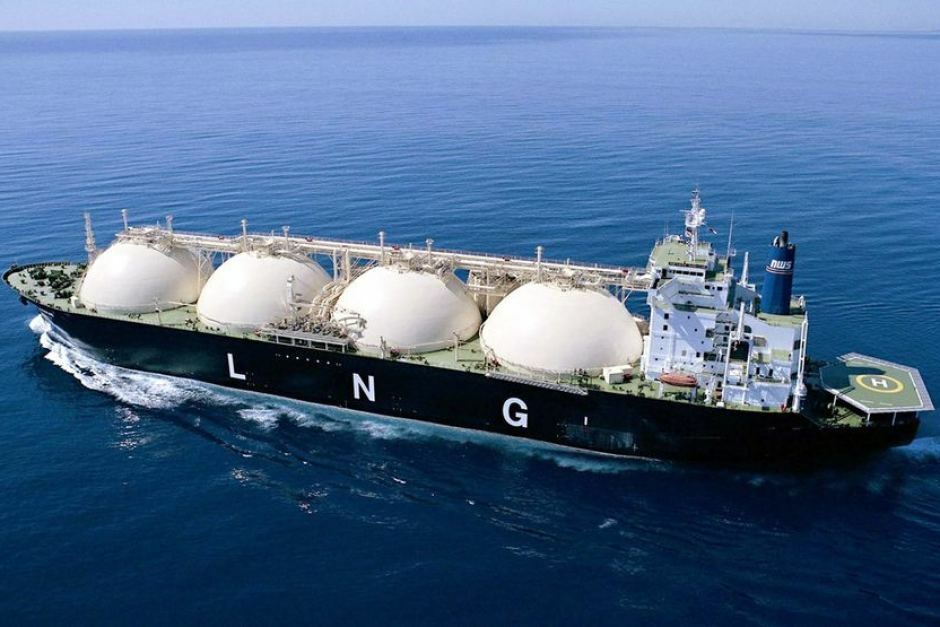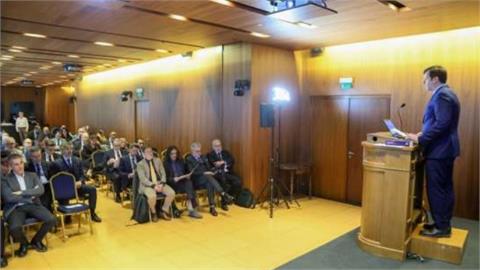In its latest News Analysis, which is accessible, IENE focuses on the issue of gas crisis and the recession risk it creates for the economy of Eurozone, which has been hit by high inflation. The Analysis also looks further afield and examines IMF’s latest pessimistic outlook for the global economy.
In its latest News Analysis, which is accessible (here), IENE focuses on the issue of gas crisis and the recession risk it creates for the economy of Eurozone, which has been hit by high inflation. The Analysis also looks further afield and examines IMF’s latest pessimistic outlook for the global economy.
More specifically, the eurozone is forecast to eke outgrowth fractionally above zero in the second quarter of 2022, but economists expect a steady deterioration in the bloc’s economy over the next year as recession risks loom. Eurostat’s first estimate of second-quarter gross domestic product is expected to show an expansion of 0.1% from the previous quarter, according to a poll by Reuters. That marks a sharp deterioration from 0.6% growth over the previous three months and would be the weakest performance since a surge in coronavirus infections and restrictions dragged the bloc into a short recession at the start of 2021.
Similarly, the US economy shrank for a second straight quarter, placing the country in what is commonly but unofficially considered a recession. Gross domestic product fell at an annualized rate of 0.9% in the three months ended in June, the Commerce Department recently said, following a 1.6% contraction during the first quarter. While the labor market is the strongest it has been in about 70 years, with an unemployment rate of 3.6%, other areas of the economy are slowing in the face of high inflation and rising interest rates.
Undoubtedly, Russia’s invasion of Ukraine in February 2022 has sent energy and food prices soaring, eroding the spending power of consumers while threatening to unleash an energy crisis that leaves manufacturers and households short of gas over the coming winter. Political instability in Italy, UK and France adds to concerns about the bloc’s outlook.
As discussed in the News Analysis, while the potential gas shortage in Europe raises the likelihood of recessions in the region, analysts said that some of the world’s biggest LNG exporters such as the US, Australia and Qatar may benefit from higher gas prices, but these countries cannot increase production quickly enough to ease global supply constraints or to profit fully from it.
In addition, European Union leaders are bracing for the shock of Russia turning off the gas taps and Brussels set a target for most countries to cut gas usage by 15% to prepare for such a blow. That should get Europe through next winter, even if Russian gas flows halt entirely and cost the euro-area economy about 0.4% of gross domestic product, according to Bloomberg Economics. If it’s unusually cold and more cuts are needed, that could tip the region into recession and leave 2023 inflation lodged at 5%, this latest IENE News Analysis concludes.




